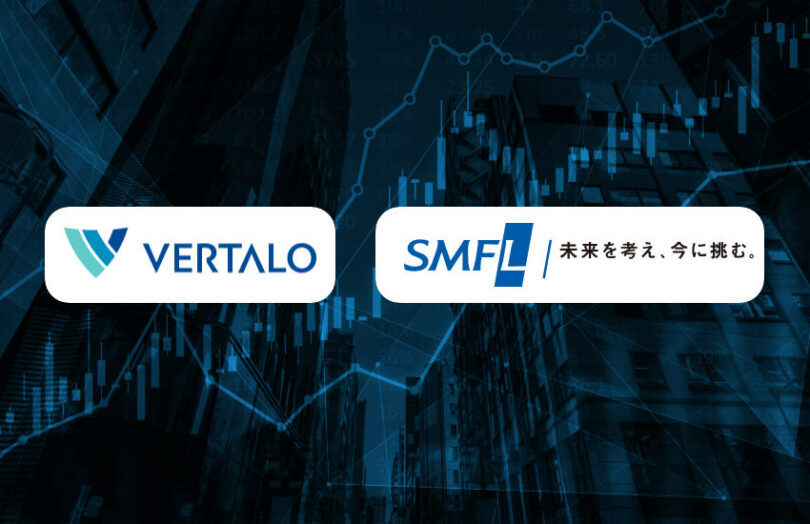Sumitomo Mitsui Finance & Leasing (SMFL) is exploring tokenizing rental equipment and real estate as part of a proof of concept with U.S. tokenization platform Vertalo, an SEC-registered transfer agent.
The Japanese firm has an existing SaaS asset tracking system for physical assets, AssetForce. It has now integrated the solution with Vertalo’s security token platform. The goal is to provide rich data for a variety of assets that are tokenized as non fungible tokens (NFTs).
Tokenization covers a vast array of sectors. In the crypto world, tokenizing Treasury bonds is proving popular. In the institutional sector, it is the native issuance of digital bonds. However, in Japan the popular asset is real estate tokenization.
Real estate tokenization
SMFL notes that real estate tokenization involves sharing data about the assets between numerous parties. That includes the token issuer, the securities companies selling the tokens, asset managers and the trust banks that immobilize the asset that underpins the token.
As part of the issuance process, SMFL proposes that much of the data sharing, including asset registration and fund composition, can happen on the centralized AssetForce solution and is linked using blockchain. Real estate companies already use AssetForce for inventory management such as keeping tabs on furniture in a rental.
Beyond real estate tokens, a similar solution can be used for Digital Product Passports (DPP) with blockchain ensuring the data is not tampered with. Hence, if old equipment or products are sold, the DPP will have the full history – including all the maintenance – for a potential buyer to review. If a product is being recycled, then the DPP can provide the chemical make up of various pars.
Other parts of the Sumitomo Mitsui conglomerate are active in the tokenization space. For example, Sumitomo Mitsui Trust Bank (SuMi TRUST) manages the assets of a tokenized green fund issued by Sony Bank.






